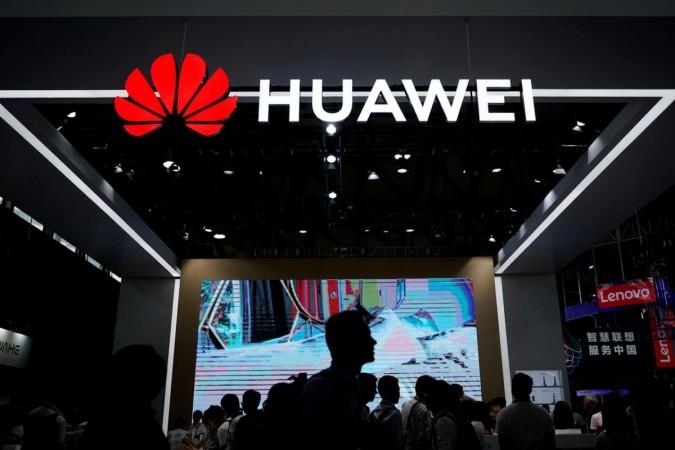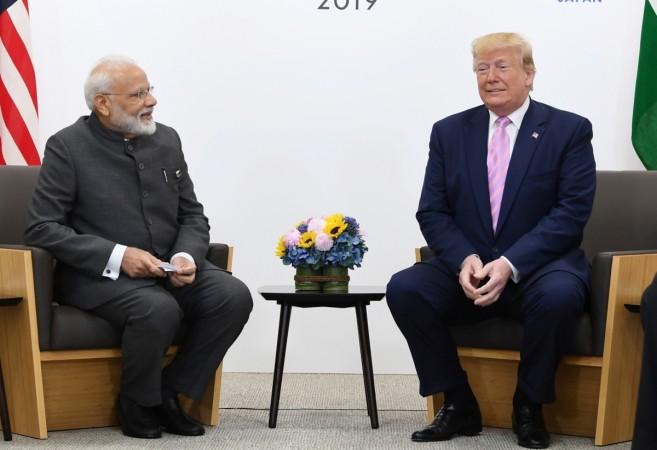
India may keep out Huawei from 5G technology trials, accepting the US view that the company is a security risk, according to indications top officials have dropped after a key meeting. The convergence of views of the two countries seems to have come at a top-level, closed-door meeting of officials of India and the US in New Delhi days after Prime Minister Narendra Modi met US President Donald Trump.
"We heard them out and broadly agree with the principle of securing our communication networks as well as greater cooperation in this respect, but the final decision of permitting Huawei in 5G obviously rests with the Indian government," said a member of the Indian team that took part in the talks, according to a report in the Economic Times.
The team included officials from the ministries of home, telecom, and electronics and IT. Officials of the National Security Council, Defence Research & Development Organisation (DRDO) and the National Payments Corporation of India also attended the meeting, the report said. The US delegation was led by Robert Strayer, Deputy Assistant Secretary of State for Cyber and International Communications and Information Policy.
Indian security specialists, including Professor V Kamakoti from IIT Madras, have said security must be "top priority" for 5G rollout, according to the report. US officials have been campaigning around the world raising the issue of Huawei's collusion with the Chinese government in security matters. President Trump has banned Huawei from the US and threatened sanctions against anybody doing selling or buying technology from the Chinese company. Washington has also banned the sale of US products or technology to any company that might use Huawei technology.
The US applied more pressure on India on the contentious issue of deploying 5G technology in the meeting, the report said. The US delegation urged New Delhi to "work together only with trusted sources" when deploying 5G, the report quoted people familiar with proceedings.

Indian telecom players have been wary of involving Huawei in the 5G trials fearing that the sanctions could hamstring future technology upgrades. The technology needs massive long-term investments and no major player would like to risk a decision that might have a bearing on the company's very existence. The decision is easy for a comparatively new player like Reliance Jio, but difficult for Bharti Airtel and Vodafone Idea that has Huawei equipment that might face problems in backward integration when non-Huawei equipment is inducted.
Huawei earlier clarified that "Huawei is part of the positive initiatives to improve India's network security and capability which goes beyond just 5G," according to its India CEO Jay Chen.
Huawei is a world leader in 5G technology along with South Korean Samsung and offers a definite price advantage when compared to European players like Ericsson and Nokia. Another Chinese technology major ZTE is also in the running for a slice of Indian 5G rollout. Some Indian officials had earlier doubted if the country would be able to attain the goal of 5G coverage across the rural landscape if it summarily kept out a major player like Huawei.
Beijing views the US campaign against the Chinese companies as part of President Trump's trade war against China in which President Trump and Chinese President Xi Jinping have unleashed tit-for-tat tariff hikes on imports.
PM Modi met President Trump twice during his US visit, first when the US president appeared with Modi at the 'Howdy, Modi' event in Houston, Texas, and later on the sidelines of the United National General Assembly (UNGA) meeting in New York.

















